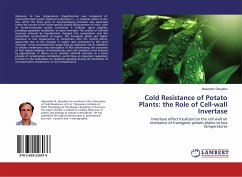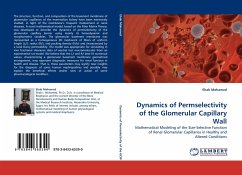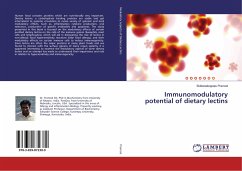Tolerance to low temperature (hypothermia) was compared of nontransformed potato (Solanum tuberosum L., cv. Désirée) plants to the line, which the SUC2 gene of Saccharomyces cerevisiae was expressed under the control of the tuber-specific patatin B33-promoter of class I with an N-end-connected potato proteinase II inhibitor signal peptide, providing apoplastic localization of yeast invertase. The activity of cell-wall invertase induced by hypothermia changed the composition and the intracellular concentration of sugars. The transgenic plants get higher tolerance to low temperatures in comparison with the control plants, apparently due to the changes in sugars ratio produced by the yeast invertase. It was concluded that sugars play an important role as stabilizers of cellular membranes and interceptors of ROS decelerating the processes of free radical oxidation of biomolecules upon the oxidative stress induced by hypothermia. It allows us to consider cell-wall invertase as a stress enzyme of carbohydrate metabolism, performing an important regulatory function in the modulation of metabolic signaling during the formation of increased plant resistance to to low temperatures.
Bitte wählen Sie Ihr Anliegen aus.
Rechnungen
Retourenschein anfordern
Bestellstatus
Storno








